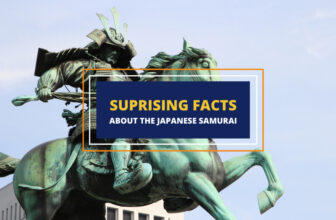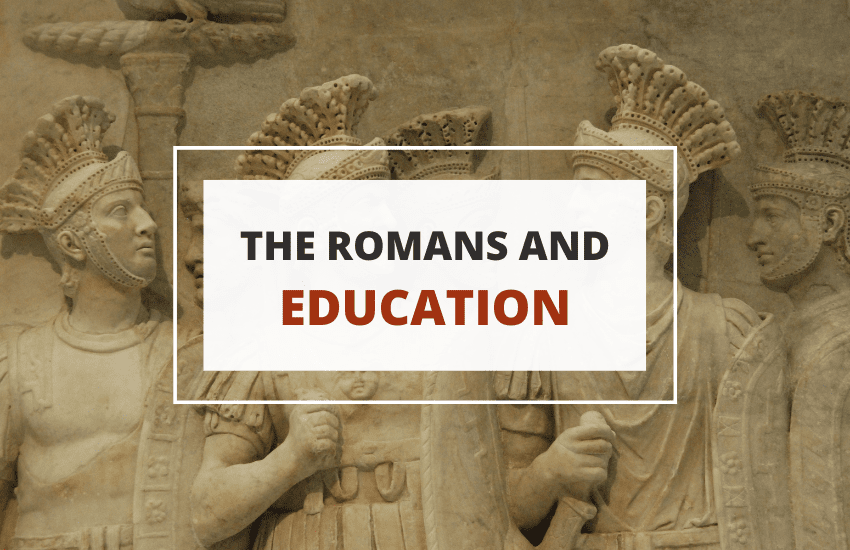
Many western societies today view themselves as “descendants” of ancient Rome in one way or another, be it literally, culturally, or linguistically. And while today’s European countries obviously stem from many origins and not just Rome, it’s undeniable that the ancient Roman kingdom, republic, and empire, influenced much of what came after them.
We often talk about Rome’s military, democracy, or economy, but there is something to be said about the education system in ancient Rome and how the Romans influenced modern education.
Education in the Roman Republic and Empire
When talking about “the Romans”, it should be said that they were a society that changed greatly through the ages. After all, Rome started as a kingdom, evolved into a Republic, and eventually morphed into an Empire.
All aspects of life in Rome changed through the years as did their educational system. And that’s even without considering the fact that the East Roman Empire – or Byzantium – continued on for approximately 1,000 years after Rome.
But in this article, we’ll talk mostly about what we know of the educational system during the height of the Roman Republic and Empire, as these two entities had the most influence over today’s Western Europe.
The East Roman Empire was equally influential in Eastern Europe but the circumstances in that part of the world grew exponentially more complicated and multi-faceted over the years, making it difficult to attribute certain areas such as education to one society or another. What’s more, the educational system in Byzantium was largely influenced by the West Roman Empire itself.
So, what are the 5 ways in which education in ancient Rome left its mark to this day?
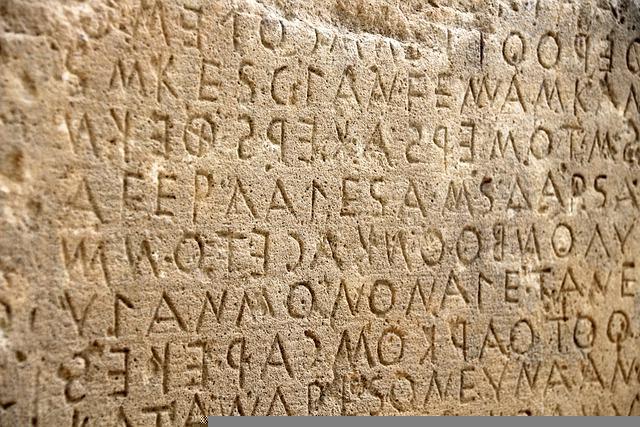
1. Dedicated Teachers
Probably the biggest innovation the Roman educational system made was introducing professional teachers instead of leaving education to priests and scribes the way most other ancient societies did. This entirely separate profession allowed students in Rome to receive formal education by professionals instead of having to homeschool or depend on priests.
Many of those teachers came from Greece, however, and Greek was widely spoken in the early days of Rome. This made most students and subsequent citizens of Rome bilingual, but it also shows that this innovation wasn’t entirely the Romans’ doing.
2. Separate School Buildings
Schooling in most other ancient cultures took place in temples but Rome, as well as some Greek states before it, introduced the idea of a separate and dedicated schooling building, i.e., a school.
This not only removed the need for homeschooling but also made the educational system much more effective and less dependent on outside influences.
3. Mandatory Education
A major improvement that Rome pioneered was mandatory schooling up to a certain level. The breaking up of education on certain levels isn’t all that unique as most other cultures at the time had also done the same. What’s different was that Rome made the few lower levels of education a must for everyone (aside from slaves).
This greatly increased the overall literacy, intelligence, culture, professionalism, and effectiveness of Rome’s citizens compared to other cultures and states around them.
Mandatory education alone is one change that can be said to be one of the most influential improvements that elevated the Roman republic and empire. It’s also something almost all societies continue to do to this day.
4. Ludi Preschool
Another great addition most countries today take advantage of is the idea of preschool or kindergarten. Called Ludi in Rome (which translates as “play”), this preschool had very much the same goal as today’s preschools – to start teaching young children to think, to get them to socialize, as well as to keep them entertained and cared for while their parents were at work.
This simple system had numerous benefits not only for the education of the future Roman citizens but also for the unity of the nation. Rome was a literal empire even before its days as “The Roman Empire” – this meant that it included people from dozens of different races, ethnicities, cultures, and even religions.
While Rome didn’t focus so much on the religious and theocratic side of education as other ancient cultures, both schools and preschools helped get children to socialize with each other and get instilled with a singular Roman identity.
In the contemporary world, we utilize preschool for its other uses but for an empire such as Rome that spanned three continents, fostering national identity and unity was a must and the school system had this additional benefit.
5. Multidisciplinary Focuses
This seems like a no-brainer today, but most ancient societies used school to teach everyone the same things – math, some arts and philosophies, religion, and whatever science the culture at the time had uncovered. From there, the citizens of said societies learned crafts, trades, and professions they wanted from other professionals or on their own, not from school.
By utilizing professional teachers and separate school buildings instead of priests in temples, however, the Romans quickly discovered the value of multidisciplinary education. After all, why teach someone interested in medicine about architecture? Why teach detailed history to someone who wants to become a boat builder?
So, once the basic levels of mandatory education were completed, Roman children could choose in which area to specialize. This gave their teachers the freedom to delve into much more detail and raise much smarter and better-educated citizens. It’s no surprise that virtually all modern societies also follow this model.
Education in Ancient Rome vs. Other Ancient Civilizations
People in Europe love to attribute things to ancient Rome but the reality is that there were many other great ancient societies and empires that were hugely influential for thousands of years. And many of them had very complex and well-established educational systems too, as that’s one of the key bases on which one would construct a great society in the first place.
In fact, many such societies had complex systems of education long before Rome even existed. So, let’s take a look at how other people around the globe went about the education of their people.
Ancient Greece
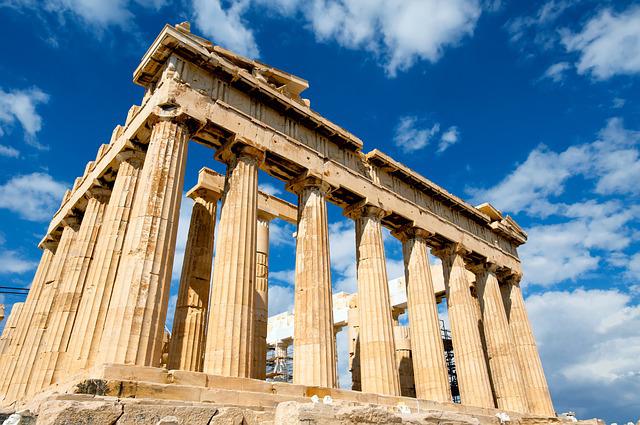
The ancient Greek and Roman societies were intrinsically linked – not only did the latter follow the former but Rome also eventually conquered all of Greece and added it to its growing Empire. Still, when talking about the education in ancient Greece, we are largely talking about the days preceding the Roman Empire.
In those days, education in Greece was largely focused on philosophy, the arts, as well as mathematics, and the sciences. Education in specific crafts and professions seems to have been largely left to an apprenticing process while religious education was left to the temples and military educations – to dedicated military academies or barracks. In essence, education in ancient Greece was very much a precursor to the Roman model that would follow it.
Ancient Egypt and Mesopotamia
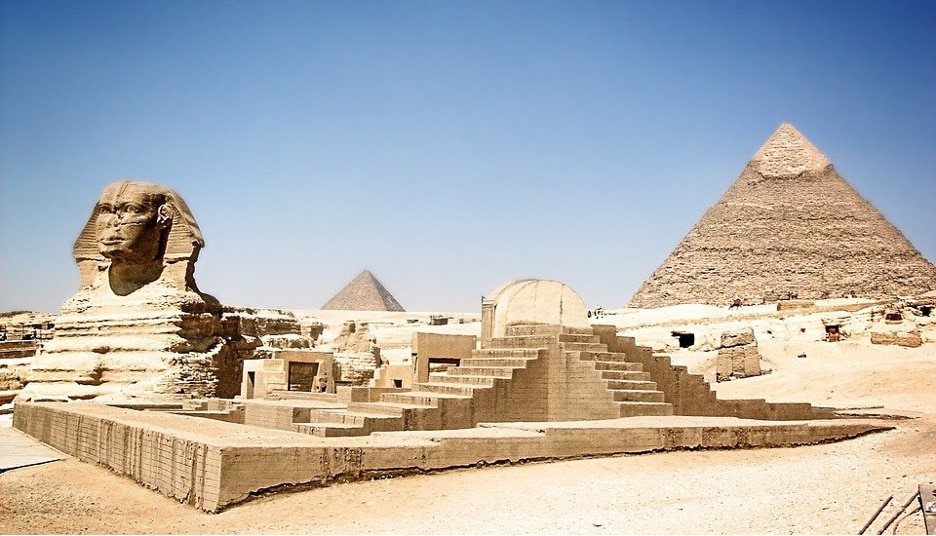
Neither Greece nor Rome was the first civilization to start focusing on education. Both ancient Egypt and the various states in Mesopotamia such as Babylon, Sumeria, Assyria, and others began prioritizing education long before Greece and Rome even existed.
The key difference between these civilizations and their later European counterparts was a much more significant focus on religion. Education in these societies was almost exclusively carried out by priests who maintained their theocracies and prevented cultural and religious diversity.
Still, despite this religious focus, education in Egypt and Mesopotamia still focused very much on the sciences, mathematics, and geometry, in addition to religion and philosophy. Like in Greece, more vocational skills such as agriculture, war, and engineering were left for professionals outside the schooling system.
Ancient China

Ancient China also had a very strong focus on education from a very early date. North China, in particular during the Shang era (between the 18th and 11th centuries BCE) or nearly 4,000 years ago had very complex education practices.
Unlike their Egyptian and Mesopotamian counterparts, the ancient Chinese had a much more secular approach. Education there focused much more on philosophical and moral virtues without a religious bent, while also covering art, social sciences, mathematics, geometry, as well as practical sciences and vocational skills and professions.
Not everyone at the time had the means to receive such an education, of course, and the lack of religious or theocratic motivation by the state didn’t seem to have forced education on those that didn’t want it.
Mesoamerica
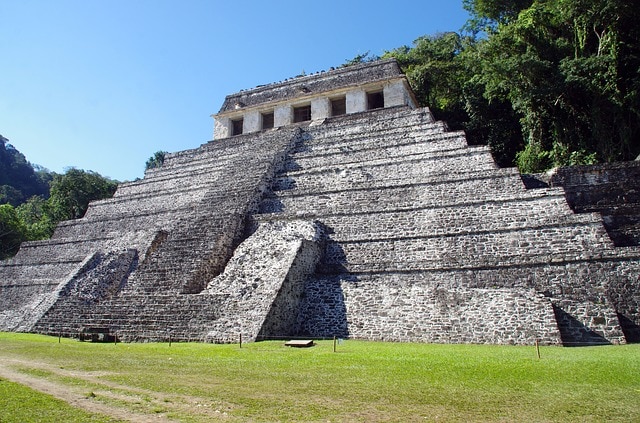
Unfortunately, because of the scarce and poorly preserved documents and archeological findings of Mesoamerican cultures, we don’t know much about their educational system. We do know that they had a system, however, given how scientifically advanced their societies were.
Granted, the Aztec empire that had ruled Mesoamerica for the last 2 centuries before the arrival of the conquistadors had strong religious and militaristic inclinations. The Mayan empire before it, however, thrived for thousands of years and achieved incredible feats of agriculture, engineering, astronomy, water purification, and more.
The Mayan and Incan calendars amaze scientists to this day as do the numerological systems of these societies. Achievements such as these couldn’t have come without a very extensive and thorough educational system.
That being said, the Mayan and Incan societies were also very religious even if they weren’t as war-like, fanatical, and fond of human sacrifices as the Aztecs. So, it is believed that, as in Mesopotamia and ancient Egypt, schooling in Mesoamerica and South America was largely carried out by priests and religious scribes too.
In Conclusion
Roman society has left its mark on Europe and the world in many ways. Education isn’t as talked about as the military or economy of ancient Rome, but it is incredibly crucial and had a long-lasting effect on all of Western Europe and the world.
Of course, things in Europe took a turn during the Dark Ages with education becoming restricted mostly just to the nobility and the clergy. Yet, thanks to the ample preserved written Roman sources, Europe re-learned how to organize its educational system centuries later by dipping into the ancient know-how of the Roman Republic and Empire.





